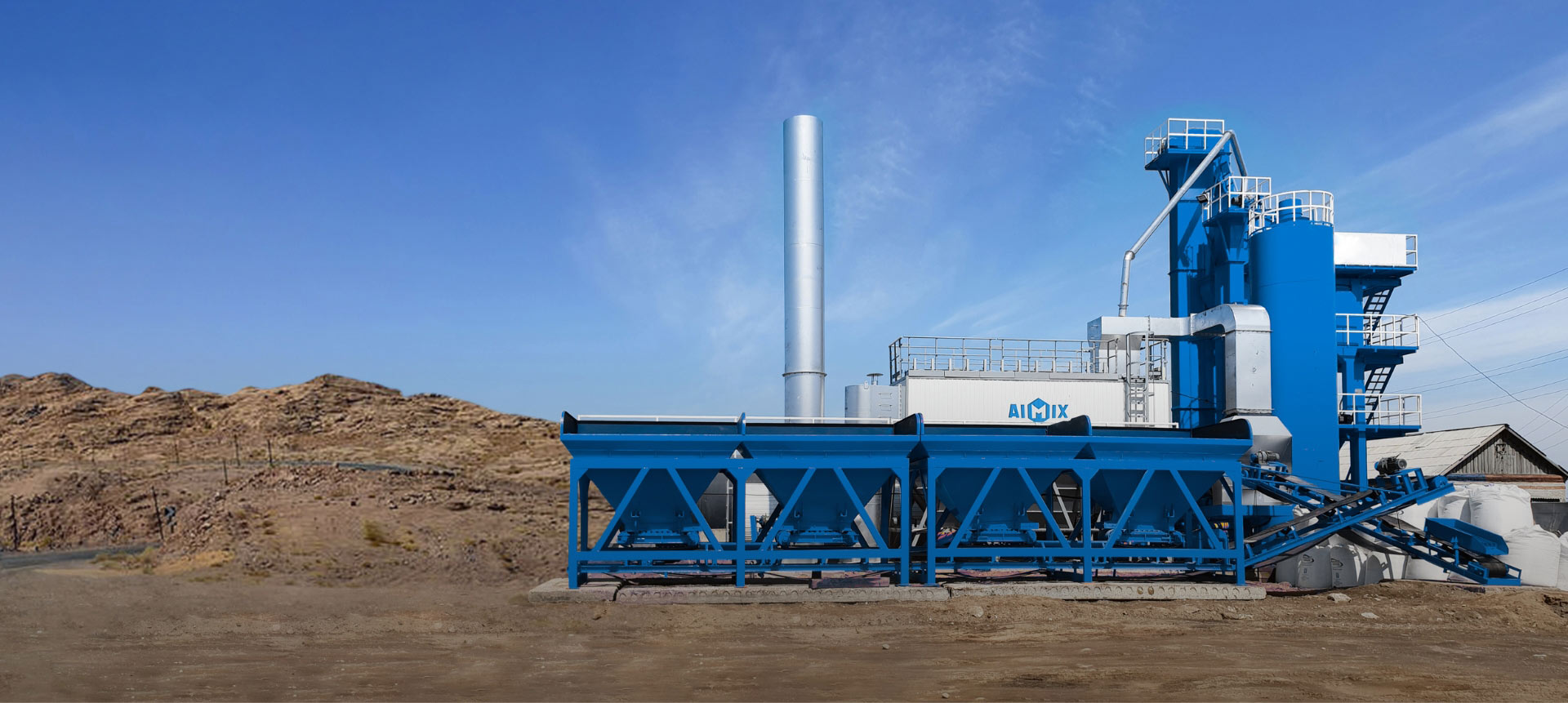Asphalt recycling plants play a crucial role in sustainable construction by producing recycled asphalt, which significantly reduces the consumption of new raw materials and carbon emissions. However, the recycling process presents unique challenges, as old materials often contain impurities such as stones and metal fragments or exhibit uneven performance due to localized aging. This necessitates special requirements for quality control in asphalt production. This article explores how targeted pretreatment steps and specific quality inspection standards can ensure the performance of recycled asphalt meets necessary standards, thereby enhancing the longevity of roads.
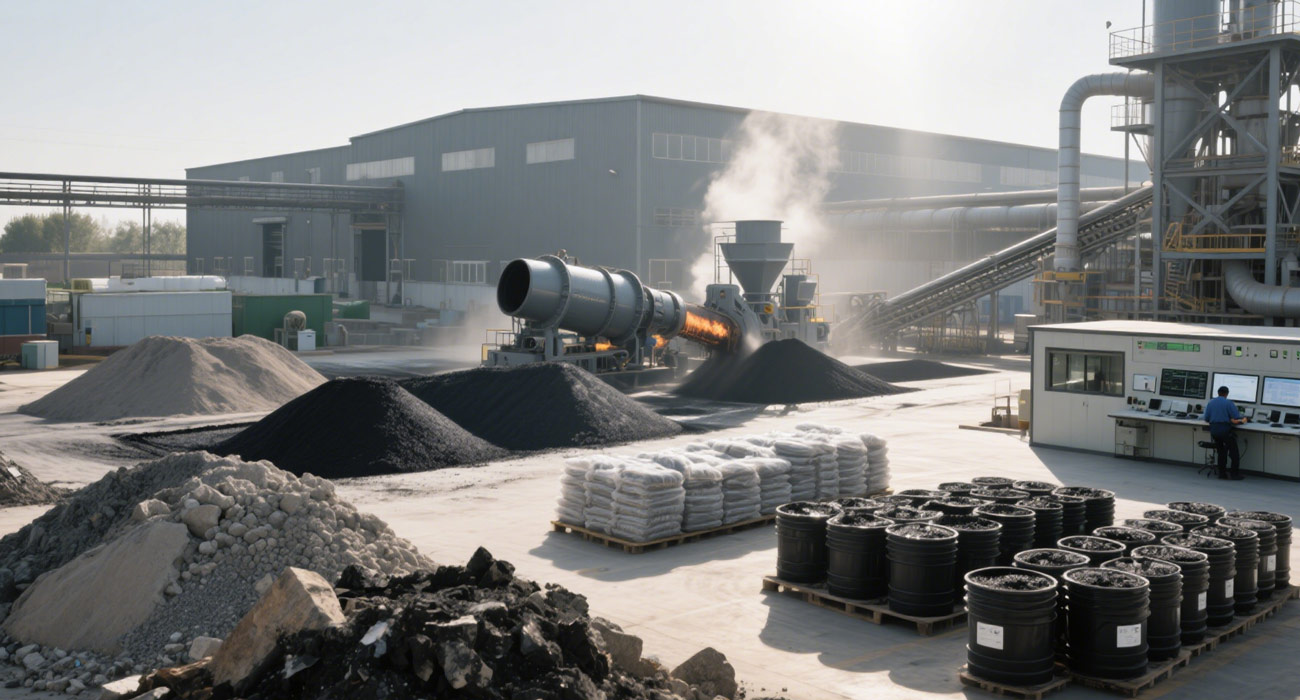
Implementing Targeted Pretreatment Steps
To ensure the quality of recycled asphalt, it is essential to incorporate targeted pretreatment steps in the recycling process. One of the most effective methods is multi-stage screening, which can systematically remove impurities from old materials. This process not only eliminates unwanted debris like stones and metal fragments but also enhances the overall quality of the recycled asphalt.
In addition to screening, testing and classifying old materials according to their degree of aging is critical. This classification helps identify which materials are suitable for reuse and which may require additional processing. By accurately assessing the condition of old materials, asphalt recycling plants can make informed decisions about their incorporation into new mixtures, ensuring that only the highest quality inputs are used.
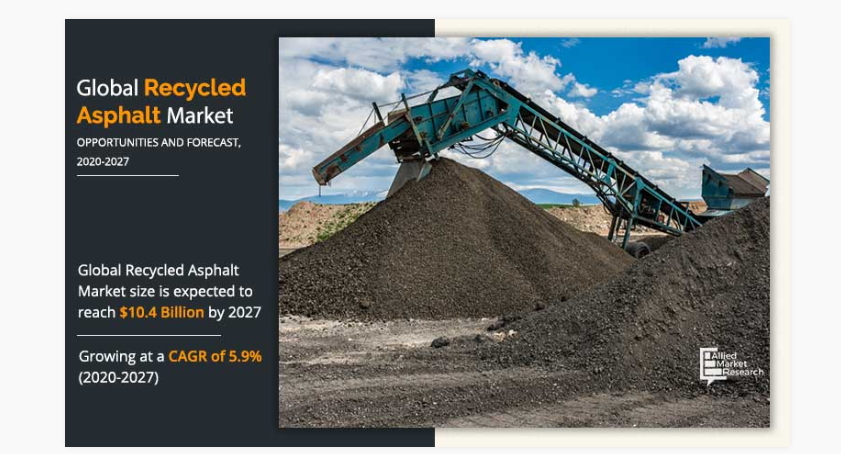
Establishing Quality Inspection Standards
Once the pretreatment processes are in place, establishing robust quality inspection standards for recycled asphalt is vital. These standards should focus on key performance indicators that directly affect the durability and functionality of the asphalt. For example, dynamic stability tests can assess how well the asphalt mixture performs under varying loads and conditions, while low-temperature crack resistance tests can determine its ability to withstand colder climates without developing cracks.
By implementing these specialized testing protocols, asphalt recycling plants can ensure that the recycled asphalt produced meets the necessary performance criteria. This proactive approach to quality control not only enhances the reliability of recycled materials but also instills confidence in their use for road construction.
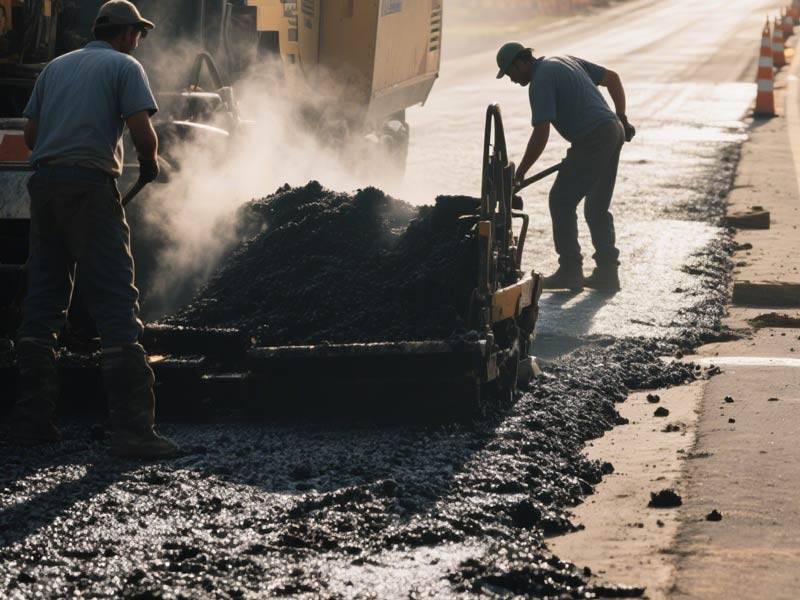
Addressing Defects in Old Materials
Despite thorough pretreatment and quality inspections, some defects in old materials may still affect the performance of recycled asphalt. It is crucial for asphalt recycling plants to develop strategies for identifying and mitigating these issues. Continuous monitoring during the recycling process can help detect any inconsistencies or irregularities in the materials being processed.
In addition, utilizing advanced technologies and equipment can aid in the effective identification of defects in asphalt production. For example, employing systems that analyze the chemical properties of old materials can provide insights into their suitability for recycling. By addressing these defects head-on, asphalt recycling plants can improve the overall quality and longevity of the recycled asphalt produced.
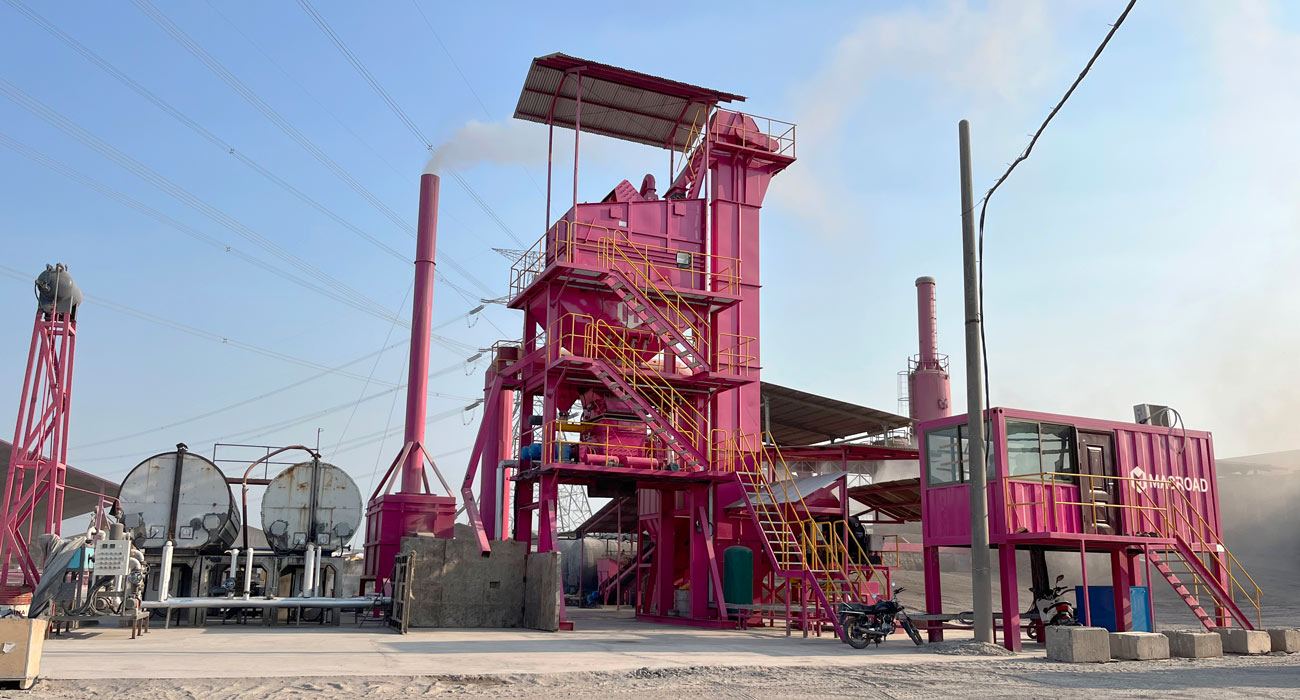
The Role of Innovation in Quality Assurance
Innovation plays a key role in enhancing quality control in asphalt recycling plants. Companies like Macroad are at the forefront of integrating advanced technologies and methodologies into their recycling processes. By embracing innovative solutions, these plants can improve efficiency, increase the quality of recycled asphalt, and meet the growing demand for sustainable construction materials.
The ongoing investment in research and development, combined with a commitment to quality, ensures that asphalt recycling plants can continue to produce high-performance recycled asphalt. This not only benefits the environment by reducing waste but also contributes to the creation of durable roadways that stand the test of time.
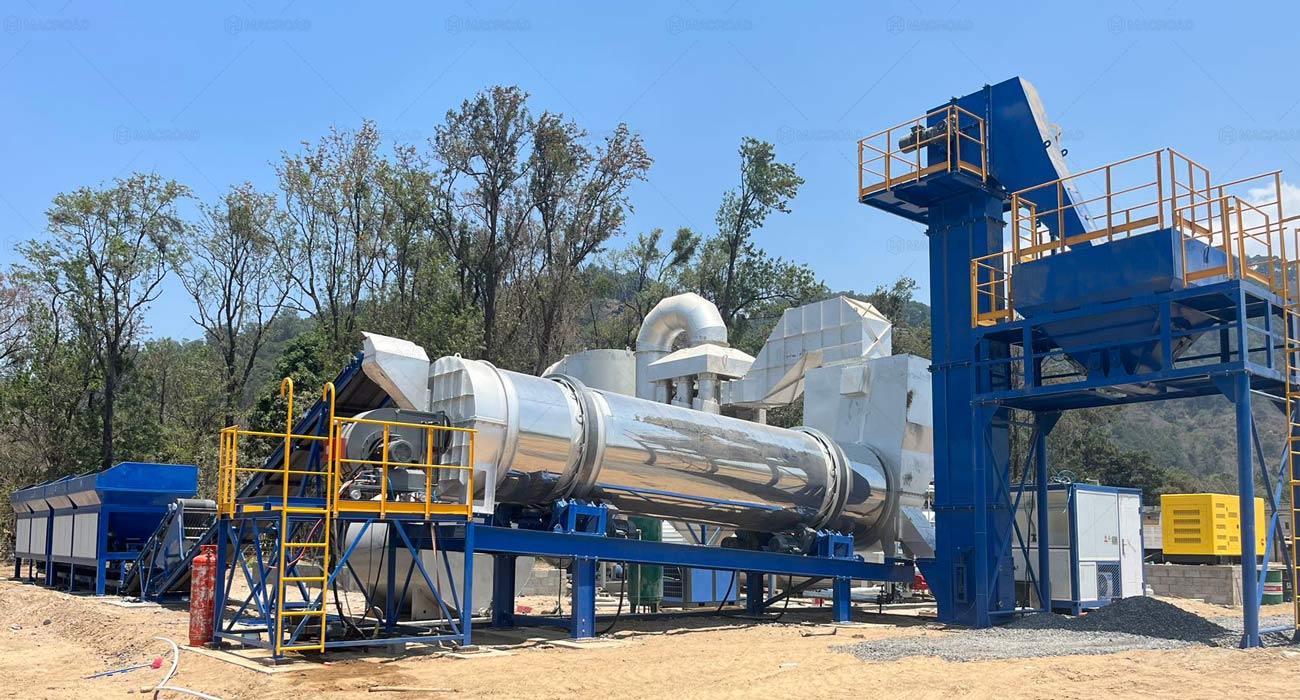
Conclusion: Ensuring Quality in Recycled Asphalt Production
In conclusion, the production of recycled asphalt in asphalt recycling plants is a valuable step towards sustainable construction practices. By implementing targeted pretreatment steps, establishing comprehensive quality inspection standards, and addressing potential defects in old materials, these plants can produce high-quality recycled asphalt that meets the demands of modern road construction. With the support of innovative technologies and a focus on quality, asphalt recycling plants can play a pivotal role in enhancing the longevity and performance of roadways, ultimately benefiting both the environment and communities.
